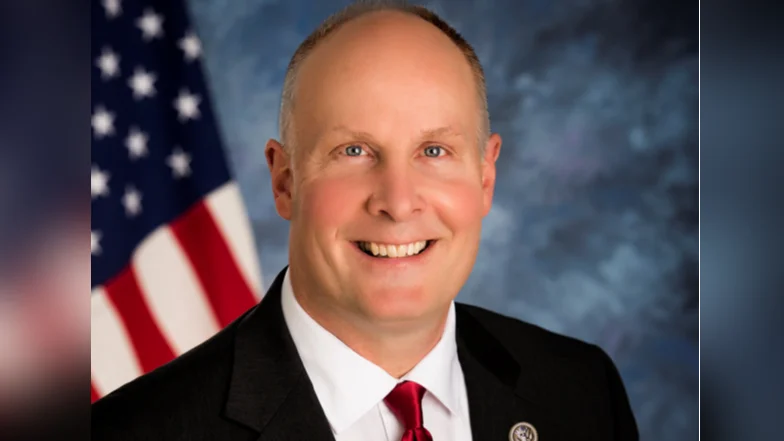Congressman John Moolenaar Chairman of the Select Committee on the CCP | Official U.S. House headshot
Congressman John Moolenaar Chairman of the Select Committee on the CCP | Official U.S. House headshot
Chairman John Moolenaar and Ranking Member Raja Krishnamoorthi of the House Select Committee on the Strategic Competition Between the United States and the Chinese Communist Party have urged the Department of Commerce to expand the role of the U.S. AI Safety Institute (AISI). This request aims to address what they see as a growing national security threat from China's advancements in artificial intelligence.
In their letter to Commerce Secretary Howard Lutnick, they highlighted "there is a strong national security need for better understanding, predicting, and preparing for the PRC’s AI progress."
The lawmakers referenced DeepSeek's large language model, R1, launched in January 2025, as a significant concern. The Committee's investigation into DeepSeek uncovered "multiple national security risks, including the funneling of Americans’ private data to the PRC, manipulation of the model’s outputs pursuant to PRC law, and the potential theft of U.S. AI technology through model distillation."
With AI systems advancing rapidly, Moolenaar and Krishnamoorthi warned that "the need to predict and prepare for PRC AI developments—and to avoid strategic surprise—will only grow more urgent."
The Committee has called on AISI to focus specifically on China's AI development as part of its mission. They emphasized that "a whole-of-government approach will be needed to ensure enduring U.S. dominance in frontier AI development."
AISI's "unique technical expertise, strong partnerships with industry, and experience in testing and evaluations" were cited as critical assets in maintaining U.S. leadership over China's efforts.
Moolenaar and Krishnamoorthi identified specific areas where AISI could bolster U.S. national security:
- Assessing national security capabilities and vulnerabilities of advanced Chinese AI models.
- Benchmarking Chinese models against U.S. models.
- Supporting industry efforts against Chinese theft of AI technology.
- Preparing strategies for potential developments in U.S.-China AI competition.
They concluded their letter by expressing their intent: “We look forward to engaging with the AI Safety Institute to better understand its ongoing work and resourcing needs on these topics.”

 Alerts Sign-up
Alerts Sign-up